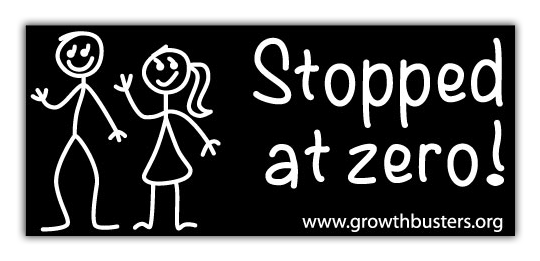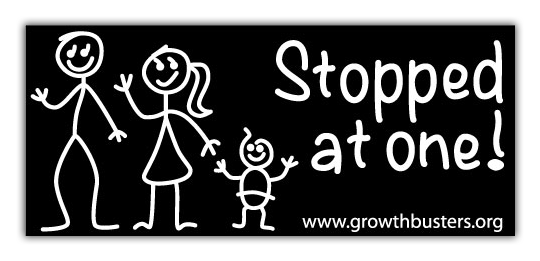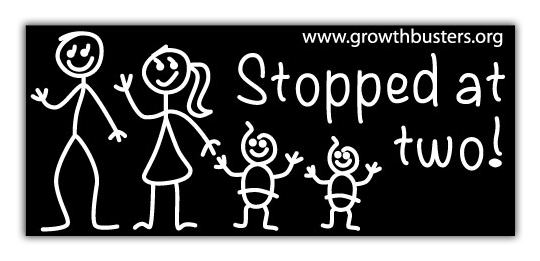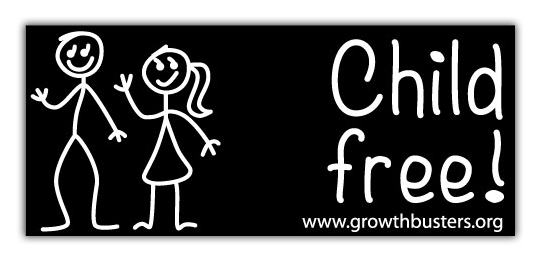Too Big to Succeed! Bill McKibben’s new book, Eaarth
“The future ain’t what it used to be.” Yogi Berra
Who knew Yogi Berra would be so prescient? I just finished Bill McKibben’s newest book, Eaarth: Making A Life On A Tough New Planet, and I am giving it three thumbs up. The book chillingly catalogs how the human enterprise has remade the face of the planet – and in the process created what could be a terrifying future. But it also offers hope. And part of that hope is really not even debatable: the end of growth.
After reading his Deep Economy: The Wealth of Communities and the Durable Future a few years ago, I caught up with McKibben in Boulder, Colorado to interview him for my documentary, Hooked on Growth. It was an outstanding conversation (see a clip below). In both book and interview he had some brilliant observations and recommendations for humankind to move in a more sustainable direction.
Shortly after our interview he launched the Step It Up and then 350.org campaigns to raise awareness and encourage action to reduce carbon emissions. These were no small feats. CNN described the 350.org day of climate action last October as “the most widespread day of political action in the planet’s history.” For the past couple of years McKibben has put a laser-like focus on climate change. So much so, I hadn’t even bothered to keep him updated on my film, in which climate change is just one of a long list of evidence we are bumping up against the limits to growth on a finite planet.
So I was a bit surprised, and thrilled, that much of Eaarth is devoted to limits to growth and why we’re about to enter a post-growth world. McKibben sums up the purpose of the book:
“We’re moving quickly from a world where we push nature around to a world where nature pushes back. But we’ve still got to live on that world, so we better start figuring out how.”
He observes, “I don’t think the growth paradigm can rise to the occasion; I think the system has met its match.”
As I’ve campaigned to get my own community, as well as the world, into a recovery program for growth addiction, I’ve learned there is nothing in our modern world as sacred as growth. While the famous Club of Rome report, Limits to Growth in 1972 began a global dialog about the unsustainability of economic growth, over the last few decades most of the mainstream environmental movement decided economic growth was too revered to even try to dismantle. It became politically incorrect to question continued, perpetual economic growth.
Today that’s evidenced by all the talk about green jobs. In order to jolt us out of our carbon-intensive ways, the environmental movement has resorted to greenwash. We can combat climate change and put everyone back to work – in the new green, clean-energy economy. McKibben bravely acknowledges,
“we’ve seized on green growth as the path out of all our troubles.”
He quotes Al Gore and UN Secretary General Ban Kimoon in a Financial Times essay: “we need to make growing green our mantra.”
If we’re honest with ourselves, it’s not that simple. We cannot keep growing or even maintain the scale of the current global economy just by making it green. Not if we want our civilization to survive in any recognizable form. So I find it gratifying to read McKibben acknowledge in Eaarth that green technology alone is not going to save us. We need a sea change, a shift out of the perpetual growth paradigm.
“It’s not just the banks that have gotten to be too big to fail, but all the arrangements of modern life.”
My hope is this book might re-ignite the fire over the unsustainability of economic growth (after all, that is one of the main premises of my film, Hooked on Growth). It will no doubt enlighten many who weren’t around when limits to growth were being discussed back in the 1970s. He understands and explains our cultural obsession with growth:
“In the world we grew up in, our most ingrained economic and political habit was growth; it’s the reflex we’re going to have to temper, and it’s going to be tough…for the two hundred years since Adam Smith, we’ve assumed that more is better, and that the answer to any problem is another burst of expansion. That’s because it’s worked, at least for a long while….”
McKibben takes us to task for ignoring two decades of climate change warnings, forgetting the forecasts of Limits to Growth, and pretending oil supplies will never run out. We’ve so far failed to recognize that the human enterprise has matured:
“Ever since Jimmy Carter first hinted at it in the 1970s, we’ve been desperate to flog our economy back to life. We deregulated, never mind the pollution. We cut taxes, never mind the gross inequality it created. We handed out cheap mortgages, never mind the headache we know was coming. We have, in short, goosed our economy with one jolt of Viagra after another, anything to avoid facing the fact that our reproductive days were past….”
But we have clearly hit the limits. While McKibben focuses primarily on evidence and impacts of climate change, he provides other evidence that the size of our enterprise has peaked. Since 1986 per-capita grain yield has been declining (grain yields stagnated while population continued to climb). In spite of a host of technological advancements in agriculture, in spite of multi-national industrial-scale farming, new chemicals, genetically engineered crops and sophisticated automation, the amount of food per person has been dropping for over a quarter century.
“Times change, and when they do we must respond.”
After painting a rather bleak picture of the predicament in which we find ourselves, McKibben spends the last half of the book exploring ways we can, and probably will, survive. He introduces us to pieces of the puzzle forming an alternative, post-growth world. He mentions movements such as slow food, slow cities, slow design, slow money. He discusses the importance of community. Over 4,000 local currency projects.
“We’ve got a lot of work to do if we’re going to survive on this Eaarth, but most of it needs to be done close to home. Small, not big: dispersed, not centralized.”
He writes that in a hot, post-growth world, decision making needs to slide toward local levels. We need to scale down. Growth was about big, about centralization. Now it’s time for localization. He observes the failure rate of big banks during the recession has been seven times greater than that of small banks. American states and cities have done far more than the federal government to fight climate change. Small, family-owned and managed farms are making a comeback, and we’re learning how to grow better food with less machinery and fertilizer. The number of farmer’s markets has quadrupled in the last decade.
Bill McKibben leaves the reader with a sense of impending doom: life as we know it cannot continue. But he also leaves us with a prescription for – at worst – getting by; for making the best of a bad situation. But many, McKibben included, believe some of the needed adjustments will actually improve our lives.
McKibben reminds us the founder of Club of Rome (sponsor of the Limits to Growth study) stated, “The future is no longer what it was thought to be…” bringing that funny Yogi Berra aphorism home in what is turning out to be a very chilling, but also promising way.
Dave Gardner is producing the non-profit documentary, Hooked on Growth: Our Misguided Quest for Prosperity. For more information or to join the cause, visit www.GrowthBusters.org.
Trackback from your site.





Suzie E
| #
Has anyone even looked at this page? It’s practically unreadable because of the symbols substituting for punctuation. Which is really a shame and probably why there are no other comments.
Reply
Dave Gardner
| #
Suzie, thanks for pointing this out. Our site was hacked recently and this problem suddenly appeared on many of our blog posts. Cleaning them up as we can. I fixed this one. Thanks for visiting!
Reply